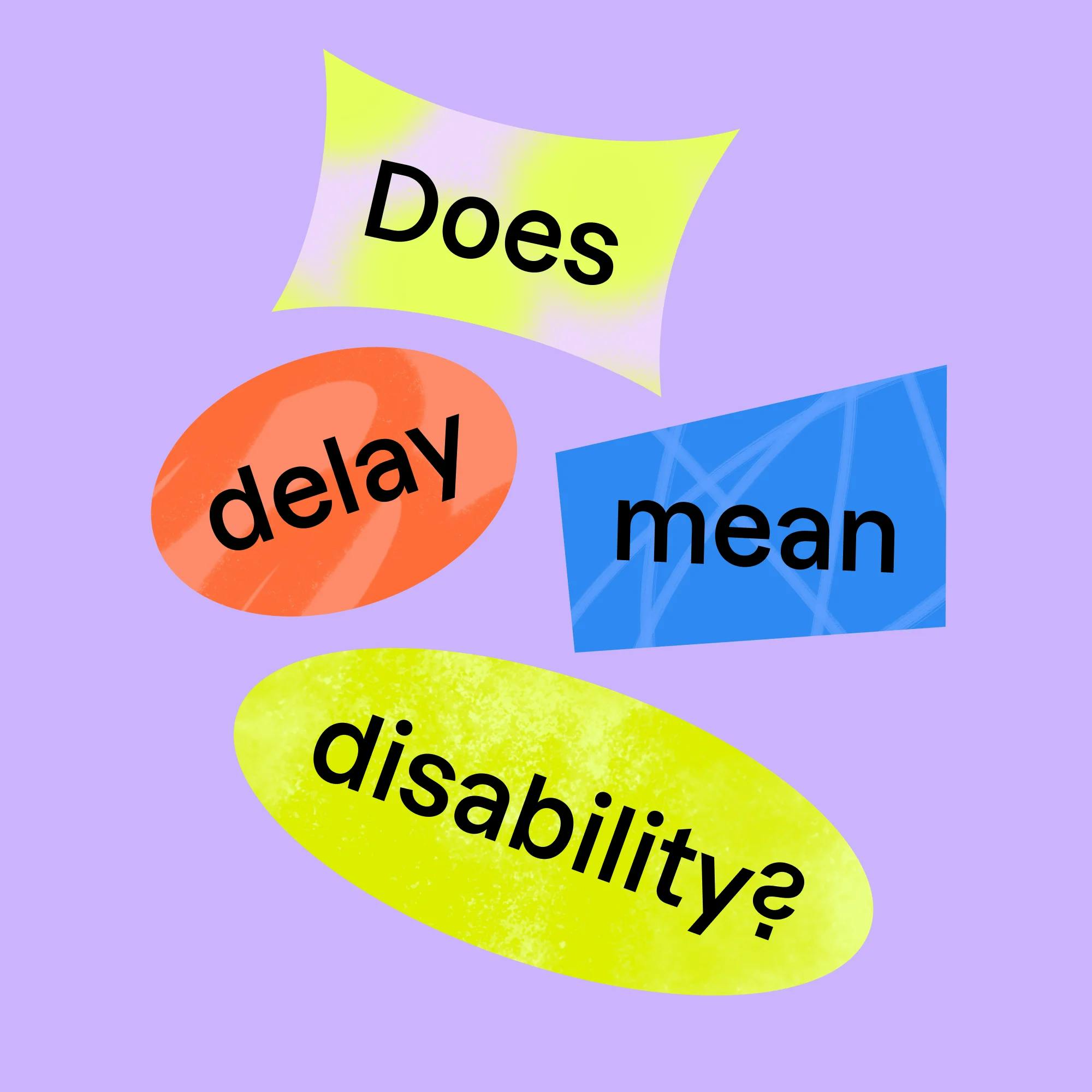
How to Help a Child with Speech Delay at Home: Simple Tips and Strategies
 Leanne Sherred, M.S., CCC-SLP
Leanne Sherred, M.S., CCC-SLP
At Expressable, we believe that parents and caregivers are key players in helping children overcome speech delays. Why? Because children learn to communicate best during everyday activities and conversations – and no one spends more time with your child than you!
That’s why we’re sharing these practical ideas for how to help a child with speech delay at home. Whether you're eating dinner together, playing outside, or running errands, there are countless moments when you can encourage your child’s speech development.
If you're already working with a speech therapist, it’s important to remember that you are a vital part of the process. With the right tools and strategies, you can continue to help your child make progress every day, right at home.
We've also included some helpful questions to ask your doctor or speech therapist about your child’s speech delay. The more you understand, the better you'll be able to support your child’s journey toward clearer communication.
Find the right speech therapist for your child
We'll match you with a licensed speech therapist who's experienced in your child's needs and available when you are.
 Get started
Get started10 everyday tips to help your child with a speech delay
Caregivers play a crucial role in helping children reach their speech and language goals. Here are 10 simple ways to support your child's speech at home:
1 Play games
Simple games like peek-a-boo and pat-a-cake engage your child and teach turn-taking.
2 Talk to your child--a lot!
Narrate your actions, like “I’m cutting a banana for your lunch.” This helps your child connect words to actions.
3 Read together
Even if your child isn’t paying full attention, describe the pictures in books to build their vocabulary. Take a look at this video from one of our speech therapists demonstrating how to make the most of reading with your toddler.
4 Sing songs
Singing introduces new words and encourages listening and memory skills. You can also try the "pausing technique" to prompt your child sing along--here's a quick demo.
5 Model clear speech
Emphasize correct pronunciation. For example, if you're teaching the /p/ sound, say "pop" slowly, and encourage your child to imitate you.

6 Expand on your child's words
If your child says “Bluey,” you can reply, “Here is Bluey!” This language expansion helps increase their vocabulary and teaches them sentence structure.
7 Describe what they do
Talk about your child's actions throughout the day, like “You are eating lunch” or “You’re playing with the ball.”
8 Give them your full attention
When your child speaks or otherwise communicates, listen carefully. Allow time for them to respond to you without rushing.


9 Ask open-ended questions
Encourage conversation with questions like, “What do you see in the picture?”
10 Model good grammar
Instead of pointing out mistakes, simply repeat what your child said correctly. For example, if they say “I goed,” you can reply, “Yes, you went.”
When to seek speech therapy for a speech delay
If you’re worried about your child’s speech or language development, it’s important to trust your instincts. Reach out to your pediatrician, or contact a speech therapist directly. Speech therapists are experts who can assess your child’s skills, figure out what might be causing the delay, and create a personalized plan to help them improve.
The earlier you seek help, the better. Research shows that kids who start speech therapy early are more likely to catch up with their peers and feel more confident in their communication.
For toddlers, speech therapy should be fun and play-based! Kids learn best through play, so therapists use toys, games, and activities to encourage speech and language growth.
Therapy can take place in person or online. Online speech therapy can make it easier for you to attend with your child and learn how to practice speech skills at home. Remember, your involvement is key! At Expressable, parents and caregivers are coached on how to support their child’s development at home, between sessions. Families also have access to our online learning portal, full of videos, tips, and activities to help make at-home speech therapy practice even easier. More practice means more progress!


Key questions to ask your doctor or speech therapist about speech delay
To help you feel prepared before talking with your pediatrician or a speech therapist, here are some questions to think about asking:
Why is my child not talking yet?
Is it typical for a child their age to not be speaking?
My child responds to gestures but seems to have trouble understanding me. Could this be a sign of hearing loss?
How can I support my child’s speech and language development at home?
What activities or exercises can I do with my child to encourage speech?
How might a speech delay affect my child’s success in school?
These questions can help guide the discussion and give you the information you need to support your child’s speech and language journey.
If you're concerned about your child's speech development, don’t hesitate to reach out. We're here to listen, answer your questions, and guide you on the next steps. The sooner you seek support, the sooner your child can develop the skills they need to communicate confidently. Get started today!
How Expressable Can Help
Concerned your child isn't reaching age-expected milestones? Looking for communication support from a professional? Expressable is a national online speech therapy practice serving children and adults. We treat all major areas of communication and feeding, offer flexible hours including evenings and weekends, and accept most major health insurance plans. We’re proud to have earned more than 3,000 5-star reviews from our clients (4.9/5 average).
Our therapy model is centered on parent and caregiver involvement. Research proves that empowering caregivers to participate in their loved one’s therapy leads to better outcomes. That’s why we combine live, 1-on-1 speech therapy with personalized education and home practice activities for faster progress.
Communication is more than words. It’s how we share how we feel and show who we are. We’re here to help you or your child do just that.












